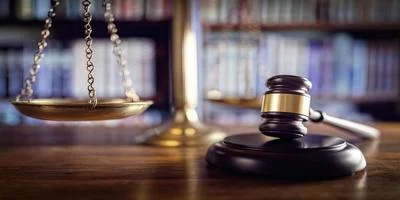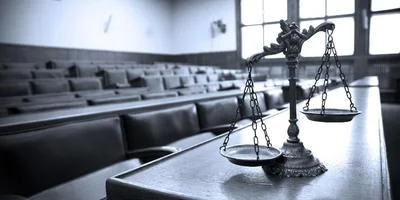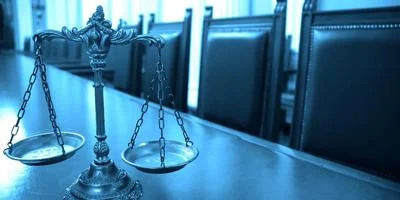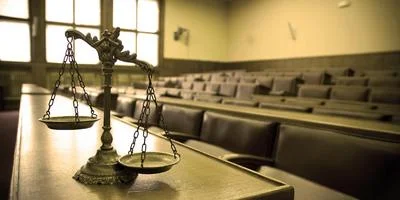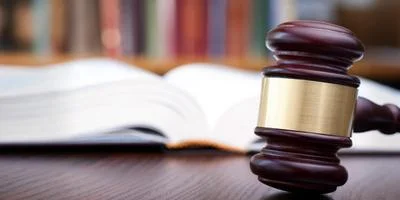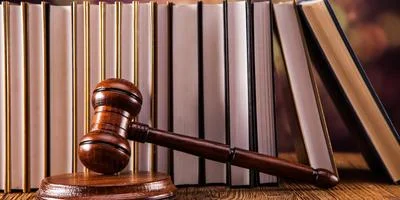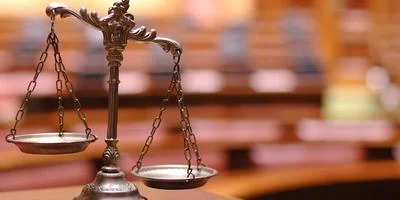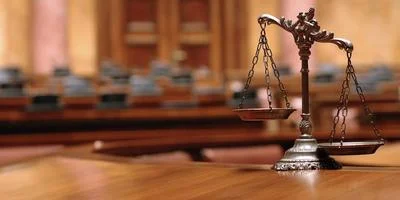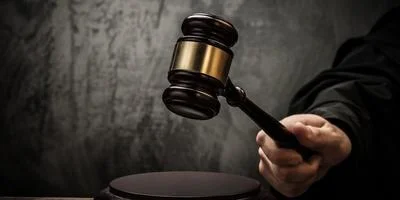Mark Pulliam News
Lone Star Lilliput
Complacent Texas taxpayers have become captives of their rent-seeking civil servants.
Plain Talk about Law School Rot
The legal academy is a strange place.
It differs from other intellectual disciplines in that legal scholarship is published mainly in student-edited law reviews, not peer-reviewed journals. Most faculty members at elite law schools have never practiced law, or have done so only briefly and usually without professional distinction. The curricula at many of the nation’s law schools are larded with trendy courses devoted to identity politics and social issues du jour. Elite law schools eschew the teaching of “nuts and bolts” fundamentals, deriding such practical instruction as resembling a “trade school.”
Whining About Article III
The latest tract by Erwin Chemerinsky, liberal law professor and dean of the University of California at Irvine School of Law, is depressingly familiar. Like his Enhancing Government: Federalism for the 21st Century (2008), The Conservative Assault on the Constitution (2011), and The Case Against the Supreme Court (2014), his new book is a diatribe masquerading as legal scholarship. The usual villains—conservative Supreme Court justices, malevolent government officials, rapacious corporations, racist police officers—are pitted against the wrongly accused, helpless consumers, and oppressed victims of discrimination.
Implementing Obergefell: An Addendum
In a prior post, I discussed the Pidgeon v. Turner case, now pending before the Texas Supreme Court, involving a taxpayer challenge to same-sex spousal benefits. Oral argument was held on March 1. The taxpayers challenging the city of Houston’s policy of granting same-sex spousal benefits to city employees were represented at oral argument by Jonathan Mitchell, a former Scalia clerk, former Texas solicitor general, and now a visiting professor at Stanford law school. The city of Houston was represented by Douglas Alexander, a leading appellate practitioner in an Austin law firm whose partners include former Texas Chief Justice Wallace Jefferson. The oral argument was superb, and both counsel fielded numerous questions from the fully-engaged justices.
Can Activist Judges Be Controlled?
The disquieting spectacle of three unelected judges (all appointed by President Barack Obama) enjoining the signature initiative of the newly inaugurated President Donald Trump, without even citing the statute—8 U.S.C. section 1182(f)—that expressly authorizes the action they just stopped, has focused public attention as never before on the threat posed by liberal judicial activism to our system of self-government.
Reclaiming the Federal Judiciary: Start with the Fifth Circuit
The widely publicized judicial resistance to President Donald Trump’s executive order temporarily limiting entry into the United States by foreign nationals from certain countries has focused public attention as never before on the enormous power wielded by activist judges.
Lone Star Justice
Is Texas’s attorney general a corrupt officeholder or an innocent official being railroaded by political rivals?
Implementing Obergefell: Who Decides the Scope of a Newly Minted Right?
The Supreme Court’s fractured decision in Obergefell v. Hodges (2015) required states to recognize same-sex marriage. Obergefell came less than 30 years after Bowers v. Hardwick,[1] in which the court refused to recognize a right to engage in homosexual sodomy. In changing its mind, the Court effectively amended the U.S. Constitution with its Delphic utterances.
Neil Gorsuch is Just Round One in the Fight for the Supreme Court
President Trump’s nomination of 10th U.S. Circuit Court of Appeals Judge Neil Gorsuch to the U.S. Supreme Court will be met by fierce resistance by Democrats in the Senate and unrelenting demagoguery from left-wing groups and media outlets. About that there can be no doubt. (American Greatness readers may recall a reference to Gorsuch in my December 22 article, “The Trump Court: SCOTUS Could Stand Some Disruption.”)
Will a Tiny, Blind, Subterranean Bug Be the Undoing of the Federal Leviathan?
In 1942, deciding the case of Wickard v. Filburn, the U.S. Supreme Court deemed the wheat grown by an Ohio farmer purely for his own use and consumption—not for sale—to “exert a substantial effect on interstate commerce.” This infamous decision led many to conclude that the scope of Congress’s authority under the Commerce Clause is essentially unlimited.
Libertarian Judicial Activism Isn’t What the Courts Need
Were the Founding Fathers anarchists? Did the ideas contained in John Stuart Mill’s On Liberty, published in 1859, somehow inspire the delegates to the Constitutional Convention in 1787? Does the Constitution contemplate Robert Nozick’s minimal state, presaging his 1974 magnum opus Anarchy, State, and Utopia?
Racial Quotas at the Texas Bar Are Illegal and Unwise
No white males need apply for an opening on the state bar’s board. Those seats are reserved for minorities.
Prospects for Constitutionalism
What are the prospects for constitutionalism and the rule of law under President Donald Trump? In my estimation, quite good. Unlike some of my libertarian (or classical liberal) friends, I didn’t quake at the possibility of Trump’s election (as I explained here). His shortlist of potential Supreme Court candidates was outstanding, and his cabinet picks to date have been first rate. Of course, assessing the success or failure of Trump’s presidency will rest on the actions he takes and the pol
All Hail Breaks Loose
Mother Nature can be tempestuous. Florida faces the risk of hurricanes; Oklahoma bears the brunt of tornadoes; states bordering the Mississippi River endure flooding; California is prone to earthquakes. In Texas, the most common peril is hail, sometimes the size of golf balls (or even larger). Hail storms are rarely deadly, but they can inflict substantial property damage, especially to roofs and other exposed surfaces. Increasingly, hail storms in Texas are accompanied by another form of disast
Political Correctness Deep in the Heart of Texas
The widely disparate official responses to two recent campus protests at UT speak volumes.
Union Time, Taxpayer Dime
Across the country, public money pays for government-union officials’ political activities.
A Lawless Labor Agenda
In prior posts, I looked at the pro-union agenda of the Obama administration’s National Labor Relations Board, and the anti-employer policies undertaken by the Equal Employment Opportunity Commission, Occupational Safety and Health Administration, and Department of Labor. The leadership of the Department by Thomas Perez deserves a closer look, for Secretary Perez has brazenly promoted the objectives of organized labor at the expense of the rule of law.
Obama’s Nanny State for Employers
In a prior post, I summarized the one-sided rulings of the National Labor Relations Board under President Obama, which are seemingly designed to bolster the declining ranks of organized labor in the private sector. Obama’s aggressive anti-employer agenda extends to other agencies having jurisdiction over the employment relationship: the Department of Labor, the Equal Employment Opportunity Commission, and the Occupational Safety and Health Administration. Unlike the NLRB’s pro-union orientation,
Labor Pains
When thinking about the National Labor Relations Board under President Obama, most observers recall the 2014 decision in NLRB v. Noel Canning, in which the U.S. Supreme Court unanimously ruled that Obama’s kangaroo-court “recess appointments”—made when the Senate was not actually in recess—were invalid.
Don't Thread on Me
The Texas Supreme Court’s 2015 decision in Patel v. Texas Department of Licensing and Regulation, striking down a state law requiring at least 750 hours of training in order to perform commercial “eyebrow threading”—a form of hair removal mainly performed in South Asian and Middle Eastern communities—has generated substantial notoriety for the court and for the Institute for Justice, which brought the lawsuit challenging the law.
